Raising children who are active in sports is widely linked with long-term benefits, including improved physical health, stronger academic performance, and higher self-esteem and confidence levels. Interestingly, the area in which children grow up can make a huge difference in shaping this sporting journey. For example, cities that invest in youth sports, provide better access to green spaces, and keep physical activity at the forefront of education, are in a much better place to help kids thrive – both on and off the field.
To understand which cities are the best environments to raise sporty kids, MedalStudio, a UK-based medal and award studio, analysed the capital cities of 26 OECD countries, examining 7 factors influencing young people’s access to sports and physical activity.
The metrics included the percentage of children participating in organised sports or after-school clubs, government spending on recreational and sporting services, access to green space, and the affordability of public transport. Further metrics were the number of youth international football tournaments held annually in each city, and educational access to sports was analysed by comparing the recommended minimum hours of compulsory PE in both primary and secondary schools. All factors were combined to produce a ranking of Europe’s best cities to raise sporty children.
The Best European Cities to Raise Sporty Kids
| Rank | Country | Capital City | Children in Organised Sport or After-School Clubs (%) | Government Spending on Recreation & Sport (Billion Euros, 2023) | Annual International Youth Football Tournaments (City Level) | Minimum Compulsory PE Hours in Primary Schools (per Year, per Country) | Minimum Compulsory PE Hours in Secondary Schools (per Year, per Country) | Public Transport Cost (Monthly Pass, Euros) | Green Space per City (%) | Overall Score |
|---|---|---|---|---|---|---|---|---|---|---|
| 1 | France | Paris | 66 | € 15.8B | 1 | 108 | 108 | € 88.80 | 26% | 6.77 |
| 2 | Norway | Oslo | 90 | € 1.87B | 1 | 76 | 76 | € 65.30 | 77% | 6.33 |
| 3 | Spain | Madrid | 63 | € 6.94M | 12 | 53 | 35 | € 39.30 | 53% | 6.12 |
| 4 | Germany | Berlin | 61 | € 11.02B | 2 | 78 | 61 | € 59.00 | 51% | 5.94 |
| 5 | Poland | Warsaw | 41 | € 3.55B | 1 | 93 | 96 | € 25.90 | 47% | 5.8 |
| 6 | Hungary | Budapest | 63 | € 1.47B | 5 | 83 | 68 | € 22.80 | 36% | 5.6 |
| 7 | Austria | Vienna | 50 | € 1.57B | 1 | 75 | 96 | € 50.00 | 44% | 5.36 |
| 8 | Luxembourg | Luxembourg City | N/A | € 0.46B | 0 | 96 | 76 | € 0.00 | 42% | 5.34 |
| 9 | Lithuania | Vilnius | 63 | € 0.22B | 2 | 66 | 59 | € 30.00 | 57% | 5.22 |
| 10 | Netherlands | Amsterdam | 56 | € 4.90B | 3 | 80 | 80 | € 100.00 | 31% | 5.14 |
| 11 | Slovenia | Ljubljana | 18 | € 0.25B | 0 | 105 | 70 | € 37.00 | 67% | 5.08 |
| 12 | Finland | Helsinki | 60 | € 1.85B | 2 | 57 | 57 | € 72.00 | 62% | 5.01 |
| 13 | Czechia (Czech Republic) | Prague | 74 | € 1.43B | 1 | 59 | 59 | € 22.50 | 36% | 4.91 |
| 14 | Estonia | Talinn | 52 | € 0.22B | 2 | 70 | 53 | € 30.00 | 50% | 4.83 |
| 15 | Sweden | Stockholm | 70 | € 3.58B | 1 | 56 | 56 | € 94.90 | 48% | 4.74 |
| 16 | Belgium | Brussels | 50 | € 2.31B | 0 | 61 | 76 | € 52.00 | 42% | 4.74 |
| 17 | Switzerland | Bern | 65 | € 2.83B | 0 | N/A | N/A | € 85.40 | 53% | 4.66 |
| 18 | Denmark | Copenhagen | 83 | € 1.27B | 0 | 70 | 60 | € 107.20 | 30% | 4.44 |
| 19 | Slovak Republic (Slovakia) | Bratislava | 41 | € 0.32B | 3 | 56 | 56 | € 36.00 | 41% | 4.41 |
| 20 | Italy | Rome | 52 | € 6.14B | 2 | 0 | 66 | € 35.00 | 34% | 4.33 |
| 21 | Portugal | Lisbon | 20 | € 0.89B | 4 | 0 | 90 | € 40.00 | 48% | 4.27 |
| 22 | Iceland | Reykjavik | 80 | € 0.44B | 1 | N/A | N/A | € 75.30 | 27% | 4.2 |
| 23 | Greece | Athens | 40 | € 1.25B | 1 | 53 | 60 | € 30.00 | 17% | 3.81 |
| 24 | Ireland | Dublin | 77 | € 0.46B | 0 | 37 | 45 | € 94.50 | 35% | 3.8 |
| 25 | Latvia | Riga | 14 | € 0.09B | 2 | 46 | 47 | € 30.00 | 46% | 3.69 |
| 26 | United Kingdom | London | 33 | € 5.67B | 1 | 76 | 76 | € 207.90 | 20% | 3.58 |
Top 10 Capital Cities in Europe to Raise Sporty Kids
#1: Paris, France
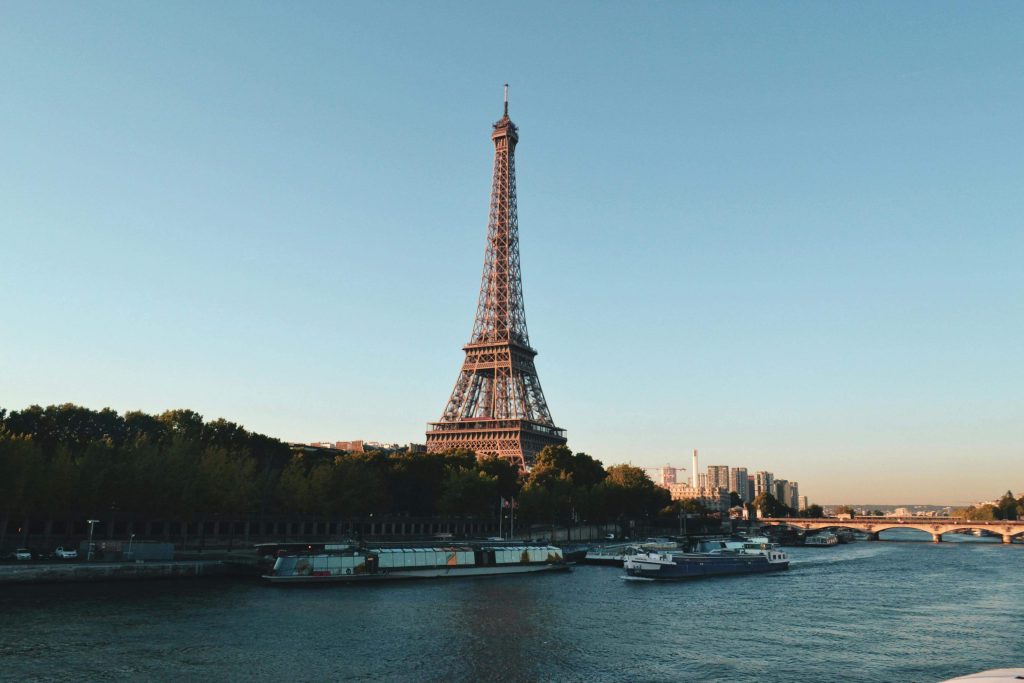
Paris secures the top spot as the best European capital to raise sporty kids. Known for its iconic sporting venues, like the Stade de France and the Stade Roland Garros, the city is a hub for global football, rugby, and tennis. With 66% of children in organised sport or after-school clubs, plus the highest level of government spending on recreational and sporting facilities (€15.8 billion in 2023), kids in Paris benefit from excellent sport infrastructure. While public transport comes in at €88.8 per month, the city balances this out with 26% of its area being made up of green space, ensuring that families living in the city have plenty of room to stay active.
#2: Oslo, Norway
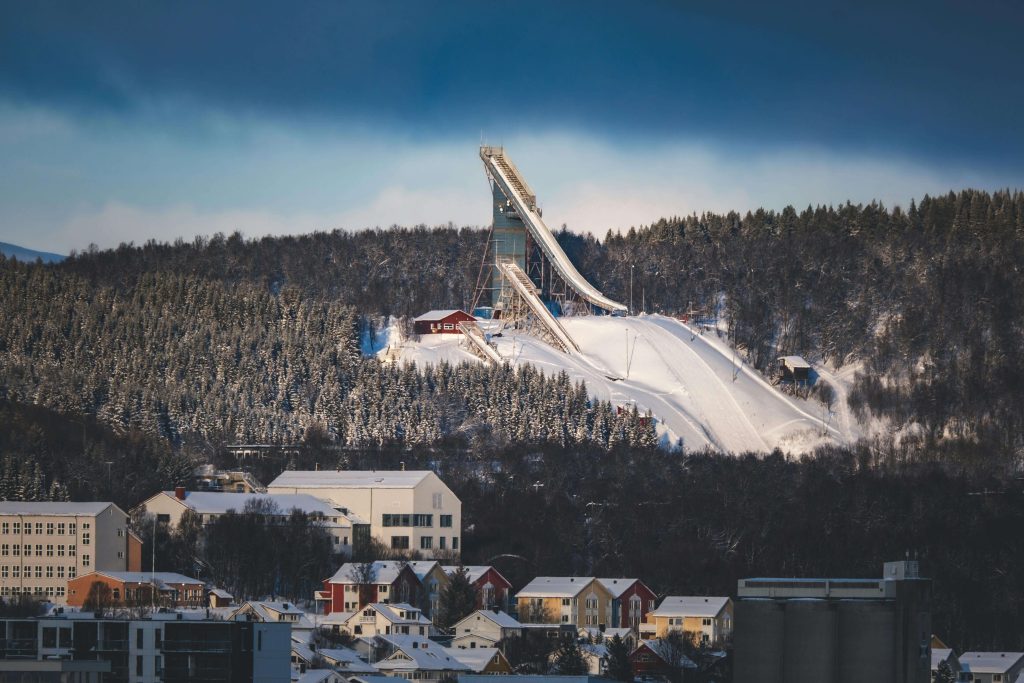
Huge in winter sports, Oslo ranks second for raising sporty kids, offering families impressive access to skiing, swimming, and even an Olympic bobsleigh run. Known for its outdoor lifestyle, 77% of the city is made up of green space, which is the highest in the ranking. With 90% of children taking part in organised sport or after-school clubs, Oslo also ranks first in the study for youth participation. Government spending on recreation reached €1.87 billion in 2023, while transport costs landed at €65.3 per month. With compulsory PE at 76 hours per year in both primary and secondary schools, Oslo offers a great balance of structured sports and other outdoor activities to raise sporty kids.
#3: Madrid, Spain
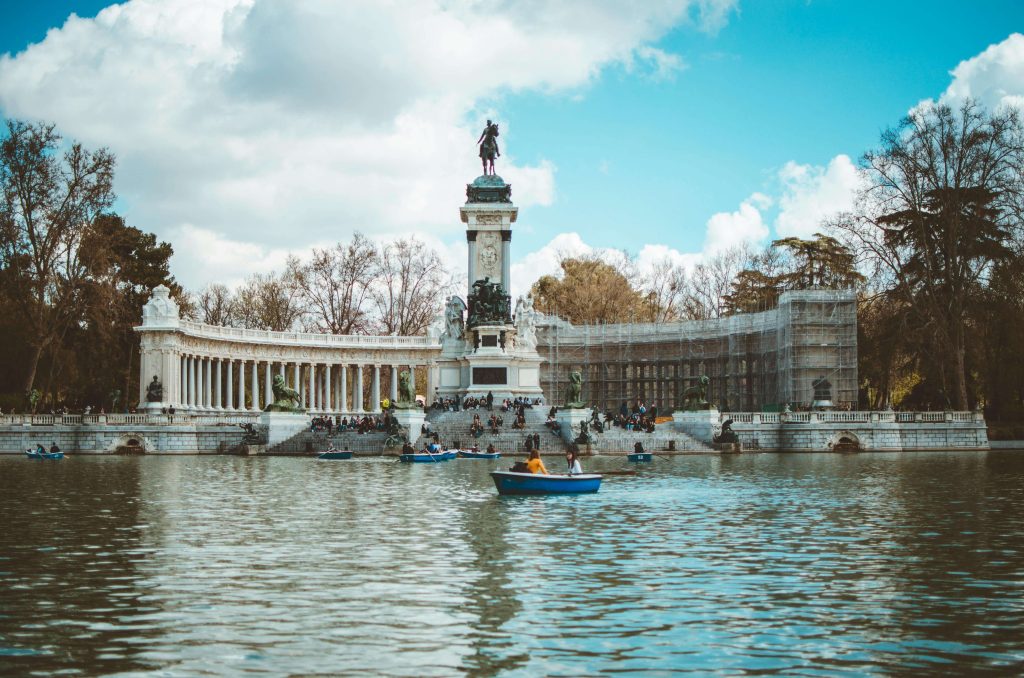
Considered one of the world’s top sports cities, Madrid is home to iconic venues like the Santiago Bernabéu and Metropolitano, as well as regularly hosting famous international events, including leading the ranking with 12 youth international football tournaments held annually. Over 63% of children participate in organised sports across the city, and this is supported by €6.9 billion in government funding. Sporty kids also benefit from 53% of the city being green space, affordable public transport (€39.3 per month), and PE commitments of 53 hours in primary and 35 hours in secondary schools.
#4: Berlin, Germany
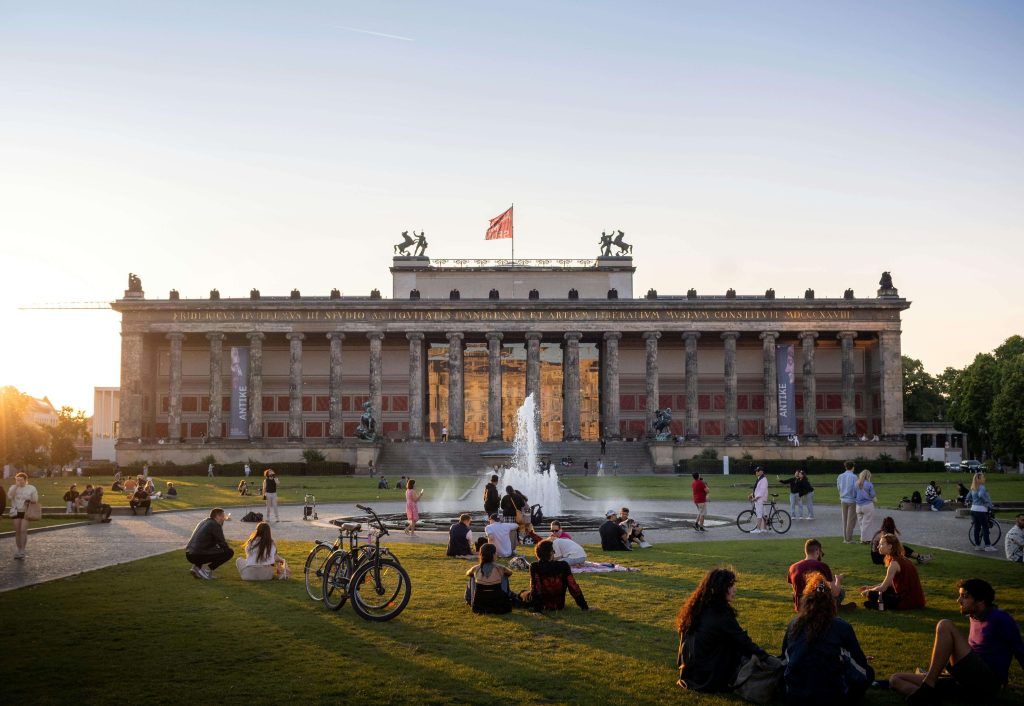
Ranking fourth in the study, Germany’s capital is a regular host of huge international events and is home to the Sportforum Hohenschönhausen, supporting both elite and amateur athletes. Berlin provides families with 51% of its area dedicated to green space, which ensures that there are plenty of daily opportunities for activity. Around 61% of children are engaged in organised sport, while government spending on recreational facilities stands at €11 billion. PE hours are set at 78 in primary schools and 61 in secondary, which is supported by a €59 monthly transport pass that ensures the city is accessible for sporty households.
#5: Warsaw, Poland
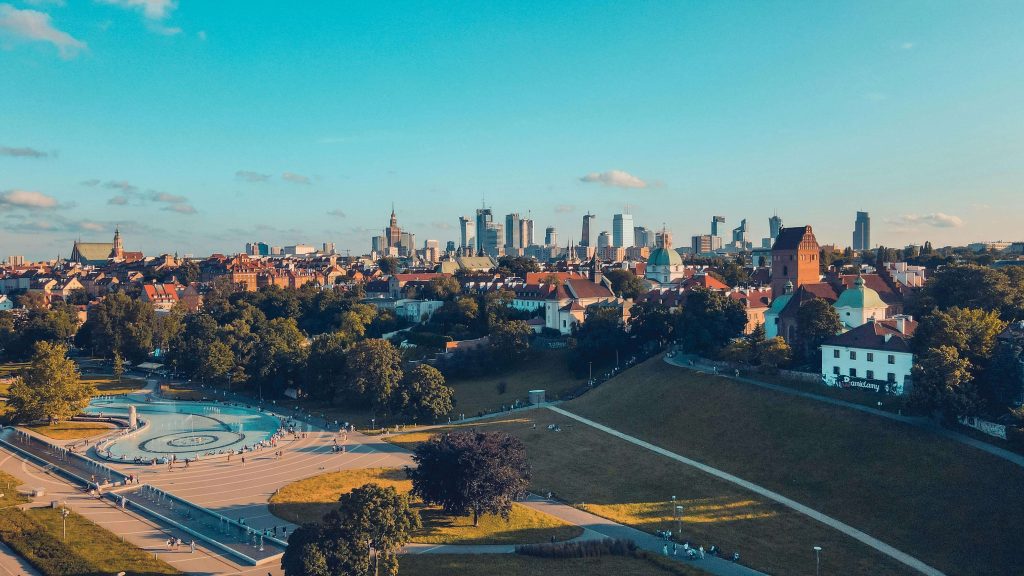
Warsaw’s abundance of green areas, with parks and riverside spaces, is a huge selling point for families looking for a ‘natural playground’. As the fifth best European city to raise sporty kids, nearly half of the city (47%) is dedicated to green space. Participation in organised sport is 41%, and PE commitments are amongst the highest in the study, with 93 hours in primary and 96 hours in secondary schools. Government investment reached €3.55 billion in 2023, and transport costs are very affordable at €25.90 per month, making it easy for families to stay active.
#6: Budapest, Hungary
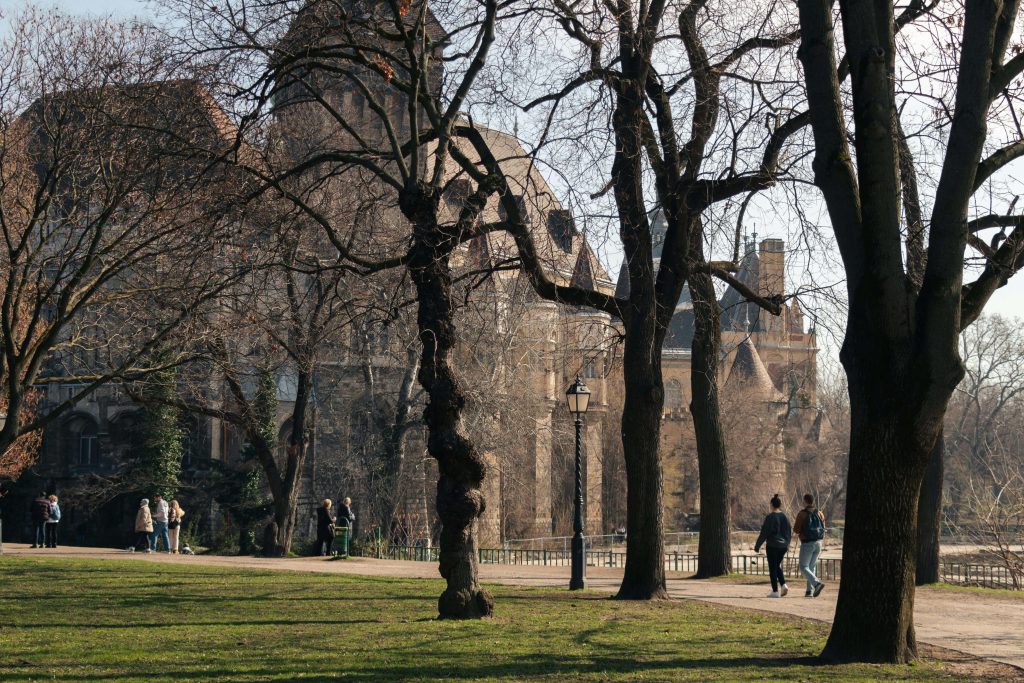
Budapest, host of the 2023 World Athletics Championships, is regularly crowned one of Europe’s best ‘sports cities’. It offers a strong balance of history, green spaces, and affordability for families seeking a more active lifestyle. With 63% of children involved in organised sports, the city is supported by €1.47 billion in government recreation spending. Additionally, PE hours reach 83 in primary schools and 68 in secondary schools, while five youth international football tournaments are hosted each year. Green space makes up 36% of the city, and transport costs are among the lowest in the ranking, at just €22.80 per month.
#7: Vienna, Austria
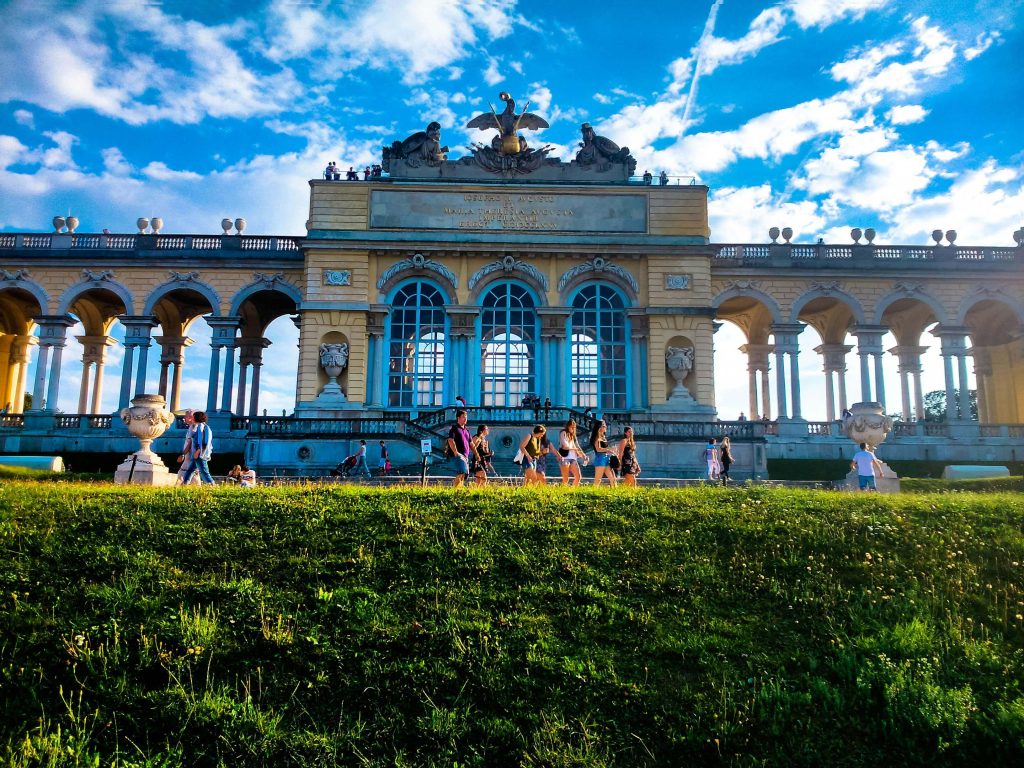
Known for its cycling culture, abundance of bike paths, and history of football success, Vienna has built a strong reputation as a sporting city. Ranking seventh in the study, families in Vienna benefit from 44% of the city being green space and €1.57 billion spent on recreation. Half of its children (50%) participate in organised sports, supported by compulsory PE hours of 75 in primary and 96 in secondary schools. On top of this, a monthly transport pass costs €50, giving families affordable access to sports facilities and green areas.
#8: Luxembourg City, Luxembourg
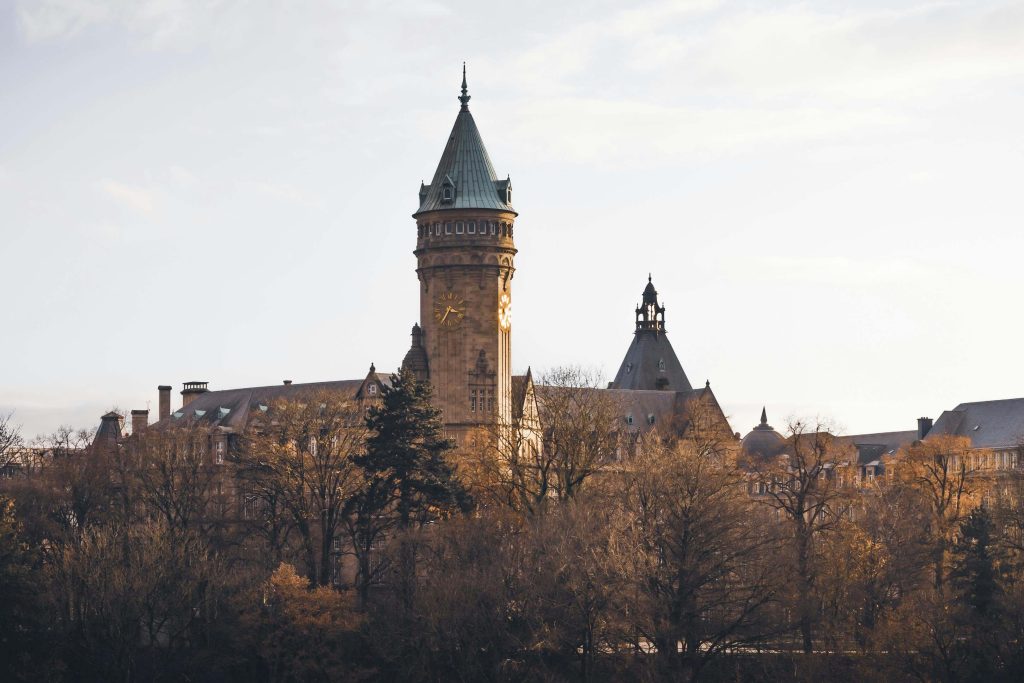
With great sports facilities like the d’Coque and modern stadiums like Stade de Luxembourg, combined with its reputation for cycling and marathon events, it comes as no surprise that Luxembourg City ranks eighth for its offering of a compact but active lifestyle. Families can enjoy 42% of the city as green space, with PE commitments of 96 hours in primary and 76 hours in secondary schools. While its government investment in sporting and recreational facilities totalled €459 million in 2023, Luxembourg City greatly benefits from free public transport, making it uniquely affordable compared to other European capitals.
#9: Vilnius, Lithuania
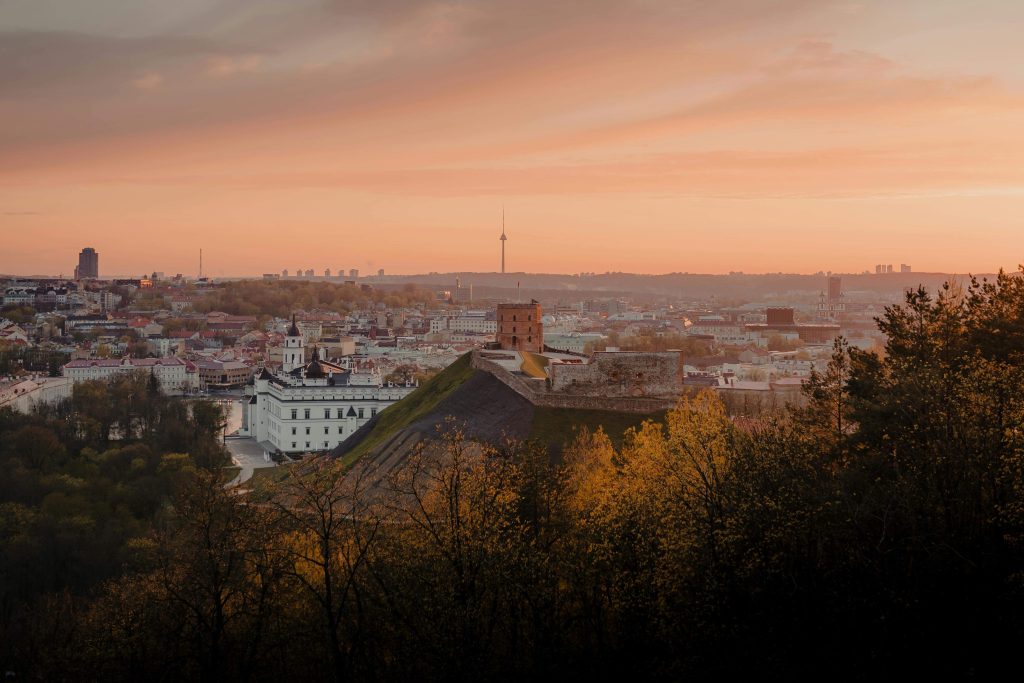
Vilnius, especially known for basketball with its strong history of independence and success tied to the sport, ranks ninth in the study. Around 63% of children take part in organised sports, while the city also hosts two youth international football tournaments each year. With 57% of the city dedicated to green space, Vilnius is the fourth greenest capital in the ranking. Additionally, PE hours are set at 66 in primary and 50 in secondary schools, while public transport remains very affordable at €30 per month.
#10: Amsterdam, Netherlands
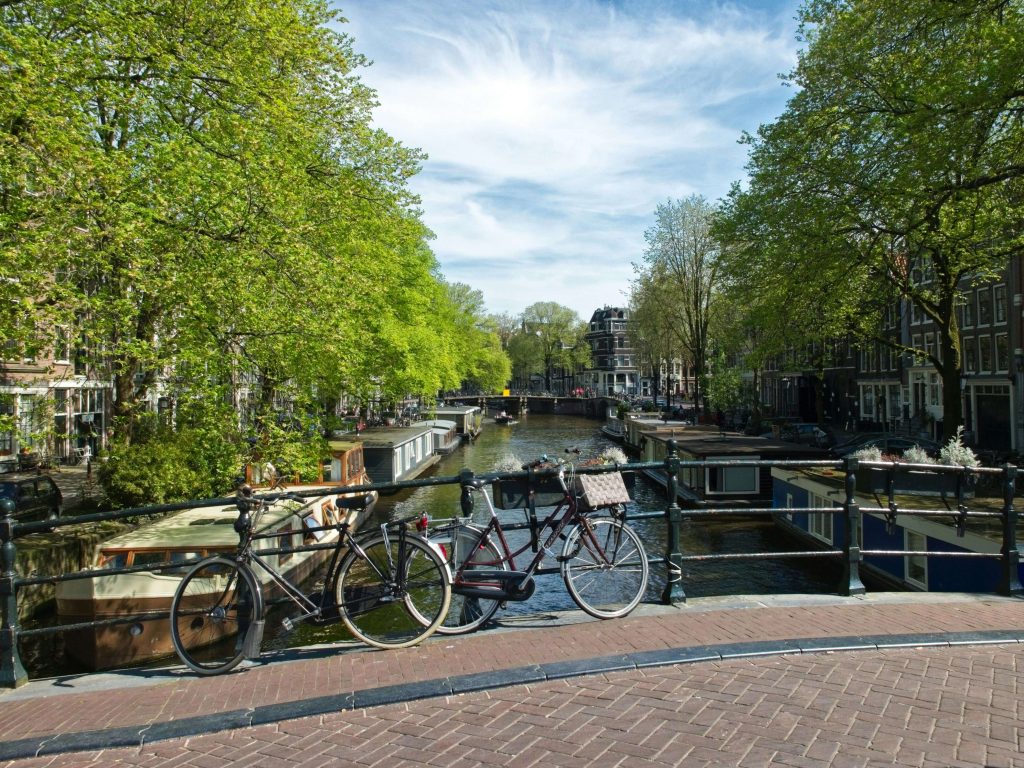
Amsterdam, often coined the bicycle capital of the world, fully supports cycling as both transportation and lifestyle, making activity a natural part of daily life for families seeking a sportier lifestyle. Around 56% of children take part in organised sport, and the city hosts three youth international football tournaments annually. Supported by €4.9 billion in government recreational investment, Amsterdam also ensures 80 hours of compulsory PE in both primary and secondary schools. While public transport is the third most expensive in the ranking at €100 per month, 31% of the city is made up of green space, ensuring that all types of activities are still very accessible to families.
How to Encourage Sporty Kids:
While some cities may appear to have more sports facilities and events than others, every parent can help their child develop a love of being active, no matter where they live. You don’t need elite sports centres or professional clubs to make movement fun and engaging; what truly matters most is the community, consistency, and creativity to have fun while taking part. Glen Witheford, Managing Director at MedalStudio, shares three ways to inspire children to get into the sports mindset, wherever you live.
Make use of local spaces and community resources
You don’t need an elite sports club to get your kids moving. It’s a good idea to start by exploring the spaces you already have, whether it’s a local park, a school playground, or even a quiet street. Fields and open pavements can become football pitches, running tracks, or anything else you need to take part in a sport; all it takes is a little bit of creativity.
It’s also worth checking local notice boards, schools, or community centres to learn more about free or low-cost sports sessions and events. Many towns and cities will organise fun runs, junior leagues, or family activity days that don’t require special equipment or facilities. Involving your kids in these activities helps them to see sport as part of daily life, rather than something that can only happen in professional spaces.
Explore local clubs, classes, and events
Many communities often have hidden gems, like martial arts classes, gymnastics, or dance and athletic groups. A great place to find these is through parent networks! On top of this, a lot of local studios will offer trial sessions or beginner-friendly programmes that include competitions or medal events, giving kids a sense of achievement.
Joining a group also helps children make friends and build up their confidence. Even if you live outside a big city, nearby towns often host inter-school competitions or season-specific sports festivals. Most importantly, getting involved early helps kids feel like they’re a part of something, allowing them to feel that sense of excitement and community.
Celebrate achievements, and create a supportive routine
Kids love getting recognition for doing well, so it’s key to celebrate every step forward in their sporting journey. Completing a fun run, scoring a goal in the local football tournament, or earning a medal at an event all deserve praise! To help with this, you can display certificates and medals on walls or mantel pieces, or even create a simple ‘well done’ chart at home.
Building a regular routine is also just as important for helping kids maintain their interest in sports. Whether this is cycling in the park, practicing different skills in the garden, or attending a local class, when sports feel fun and rewarding, kids are more likely to stick with them.
Methodology
To analyse the best European cities for sporty kids, MedalStudio first developed a seed list of cities by identifying all OECD countries, narrowing this down to only European members, and then selecting each capital city. These cities were then assessed using seven key data metrics to produce a ranking list. Where city-level data was unavailable, country-level figures were used.
- Government spending on recreational and sporting services was taken from Eurostat data (2023) and shown in euros.
- Minimum compulsory hours of PE, for both primary and secondary school, came from reports by the European Parliament and Active Healthy Kids Slovenia.
- Cost of public transport (monthly pass, in euros) was sourced from Numbeo’s Cost of Living database, to show how affordable it is for children to access sports and recreational facilities.
- Amount of green space per city was collected from sources including the European Environment Agency, Axios, NordForsk, and The Telegraph, as a measure of access to outdoor space for sports.
- Percentage of children in organised sports or after-school clubs was taken from the 2022 Report Card campaign and national studies.
- Number of youth international football tournaments held annually per city was obtained through YoungTalentsGroup, which shows international youth football tournaments.
All seven metrics were weighted equally to produce the final ranking.
About MedalStudio
MedalStudio is a leading specialist in designing and manufacturing custom medals, awards, and trophies. Based in the heart of Yorkshire, the company produces everything in-house, from design to manufacturing to shipping, to ensuring unmatched quality, fast turnaround, and ethical practices.
The team at MedalStudio create unique, made-to-order medals and awards for any sport, team, event, or organisation, with delivery available across the UK within two weeks. By handling every stage of production internally, they guarantee exceptional quality, sustainable practices, and zero waste.
From corporate events and sporting activities to charity fundraisers and community celebrations, MedalStudio is committed to making every award as memorable as the achievement it represents.
Updated: 19/09/2025